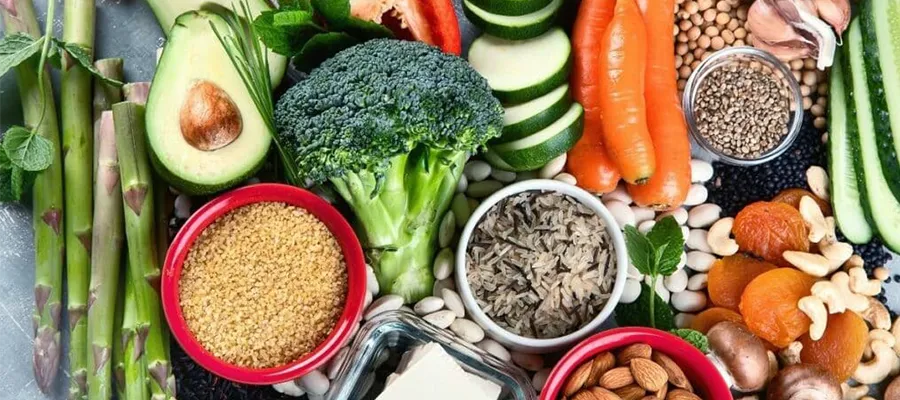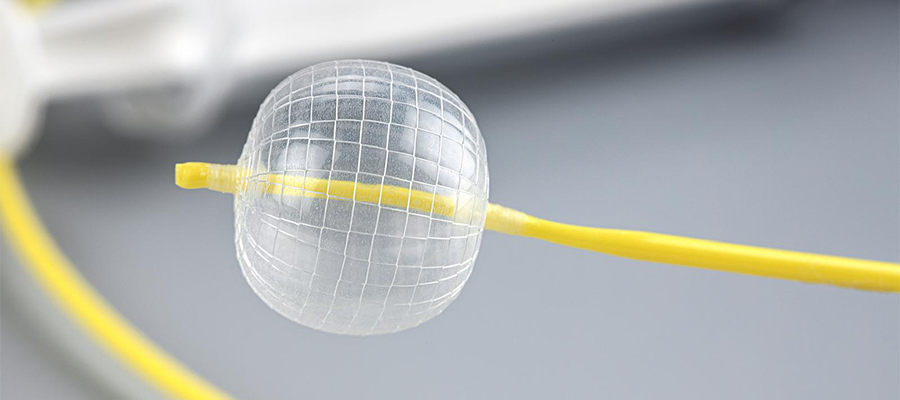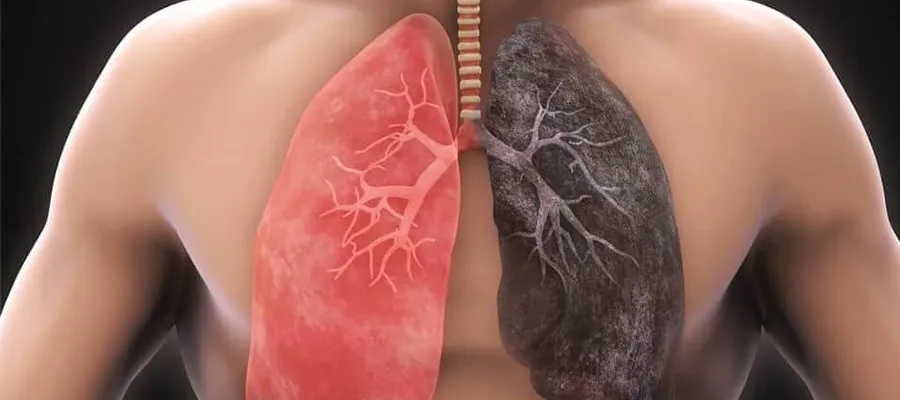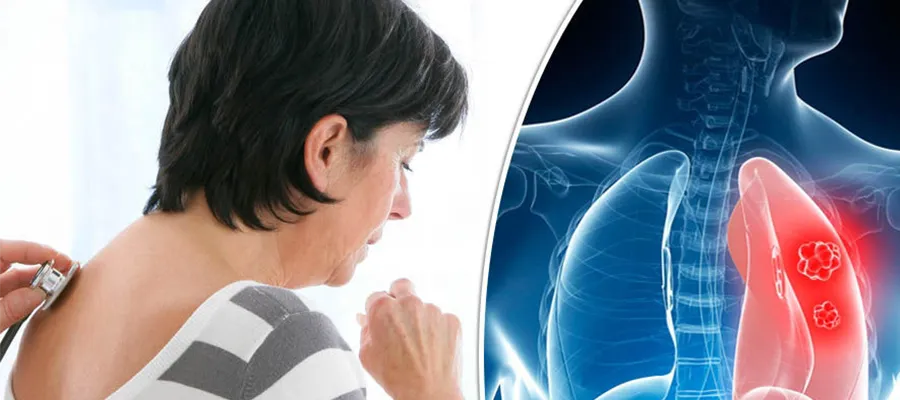What Should a COPD Patient Not Eat?
The question of what COPD patients should not eat is among the important questions individuals experiencing respiratory difficulties are asking about to improve their quality of life. COPD patients, especially those experiencing breathing difficulties, need to pay closer attention to their eating habits. While proper nutrition supports lung health, poor food choices can exacerbate shortness of breath. Therefore, the answer to the question of what COPD patients should not eat plays a critical role in both disease management and overall health.
Chronic Obstructive Pulmonary Disease (COPD) is a lifelong disease characterized by the narrowing and blockage of the airways in the lungs. During this period, the body expends more energy because each breath requires greater effort. This means COPD patients must be more mindful of the energy they consume through food. Furthermore, some foods can cause gas accumulation, inflammation, or increased phlegm, making breathing difficult. Therefore, nutrition is crucial not only for weight control but also for the quality of breath.
Why Should COPD Patients Pay Attention to Nutrition?
The bodies of COPD patients require more energy than healthy individuals. Because the lungs can’t provide sufficient oxygen, their muscles work harder, resulting in increased calorie expenditure. Furthermore, calories consumed must be of high quality and easily digestible. Choosing the wrong food can not only cause digestive problems but also exacerbate respiratory distress.
Gas-producing foods, in particular, cause the abdomen to swell and the diaphragm to push upward, limiting lung capacity. Excessive salt consumption can lead to fluid retention, which, along with edema, can make breathing difficult. Given that COPD patients often have weakened immune systems, an immune-supporting, inflammation-reducing diet should be adopted to prevent infection.
What Foods Should a COPD Patient Avoid?
There are certain foods that COPD patients should avoid or limit. While these foods don’t directly affect the lungs, they can indirectly negatively impact respiratory function. Below are the key food groups that COPD patients should avoid:
Gas-producing foods: Vegetables like cabbage, broccoli, cauliflower, and beans can cause excessive gas and restrict the movement of the diaphragm, which can cause breathing difficulties.
High-sodium foods: Salty foods and processed foods (instant soups, canned foods, packaged snacks) increase edema by retaining water in the body. This can make it harder for the lungs to expand.
Foods high in sugar: Refined sugar foods (sweets, cakes, sugary drinks) can cause sudden blood sugar fluctuations and weaken the immune system.
Excessively fatty foods: Fried foods and ready-made foods containing trans fats can make digestion difficult, cause bloating and prevent the lungs from functioning properly.
Milk and dairy products: For some people with COPD, dairy products can increase mucus production, making breathing more difficult.
Alcohol: Alcohol can depress the respiratory system and disrupt the body’s fluid and electrolyte balance. It also carries the risk of interacting with medications.
Avoiding these foods allows COPD patients to breathe easier and reduces overall metabolic load. However, because each individual’s body type and disease severity are different, a personalized nutrition plan should be developed under the supervision of a specialist.
What Foods Are Harmful for COPD Patients?
A list of foods that COPD patients should not consume is provided below so that you can see them more clearly:
Processed meats such as salami, sausage, and soudjouk
Instant soups, chips, and packaged snacks
Pastries and cream desserts
Sugary sodas
Over-salted olives and pickles
Products containing high amounts of starch (white bread, rice porridge, etc.)
Excessive consumption of coffee and energy drinks
These foods may not directly target the lungs, but they can have metabolic effects that worsen COPD. For example, processed meats are high in both sodium and additives and can trigger inflammation.
What Should COPD Patients Pay Attention to for a Balanced Nutrition?
Nutrition is a natural support tool that can help alleviate shortness of breath in the daily lives of COPD patients. While the right foods strengthen the immune system, the wrong ones can weaken it. Therefore, a COPD patient should know not only what not to eat, but also how and when to eat.
For example, instead of large portions, choose small, frequent meals. This will ease the stomach and allow the lungs to function more easily. Sitting upright or moving around lightly, rather than lying on your back immediately after meals, will aid digestion. Furthermore, avoiding excessive talking and eating slowly during meals will reduce the risk of swallowing air, thus preventing bloating.
Unsuitable Diets for COPD Patients
Some diets that have become popular recently may pose risks for COPD patients. Eating plans that severely restrict carbohydrates or increase protein intake can strain respiratory function. Furthermore, liquid-based or mono-nutrient diets, often referred to as detoxes, can weaken the immune system and lead to energy deficiencies. These practices are not recommended for COPD patients.
It’s important to remember that the goal in COPD isn’t just to maintain an ideal weight; it’s also to prevent muscle loss, support respiratory muscles, and maintain a strong immune system. Therefore, instead of mindlessly devising diets, balanced nutrition plans developed under the supervision of a doctor and a dietitian should be preferred.
The Relationship Between COPD and Fluid Consumption
COPD patients should also pay attention to their fluid intake. Drinking enough water increases the fluidity of mucus, making it easier to expel. However, some patients with comorbidities such as heart failure may need to limit their fluid intake under the supervision of a doctor. Daily water needs should be planned according to their overall health. Avoiding carbonated beverages and excessive caffeine helps maintain a healthy fluid balance.
Herbal teas, natural mineral water (low-salt), and unsweetened compotes can be alternative options for meeting fluid needs. However, it’s important to remember that some herbal teas can interact with medications, so consult a healthcare professional before using them.
Why is Nutritional Monitoring Important for COPD Patients?
COPD can affect various systems in the body over time. Therefore, a systemic approach, not just one focused on breathing, is essential. Nutrition is also an integral part of this system. Patients should regularly monitor their weight, and if weight loss occurs, precautions should be taken to prevent muscle atrophy. Especially in patients with advanced COPD, weight loss can accelerate disease progression.
Therefore, nutrition shouldn’t be limited to simply answering the question “what not to eat”; it should also be addressed alongside topics such as energy balance, vitamin and mineral intake, and immune management. Seeking support from a nutritionist during this process can positively impact the course of the disease.
How Much Does COPD Nutrition Cost?
Nutrition programs for COPD patients may vary depending on the individual’s health status, disease stage, and support services. The frequency of individual consultations with a nutritionist, the supplements used, and specific nutritional products may also affect the total cost. Individuals seeking detailed information can obtain detailed information after a personalized assessment. Contact us today for pricing on what COPD patients should not eat.








